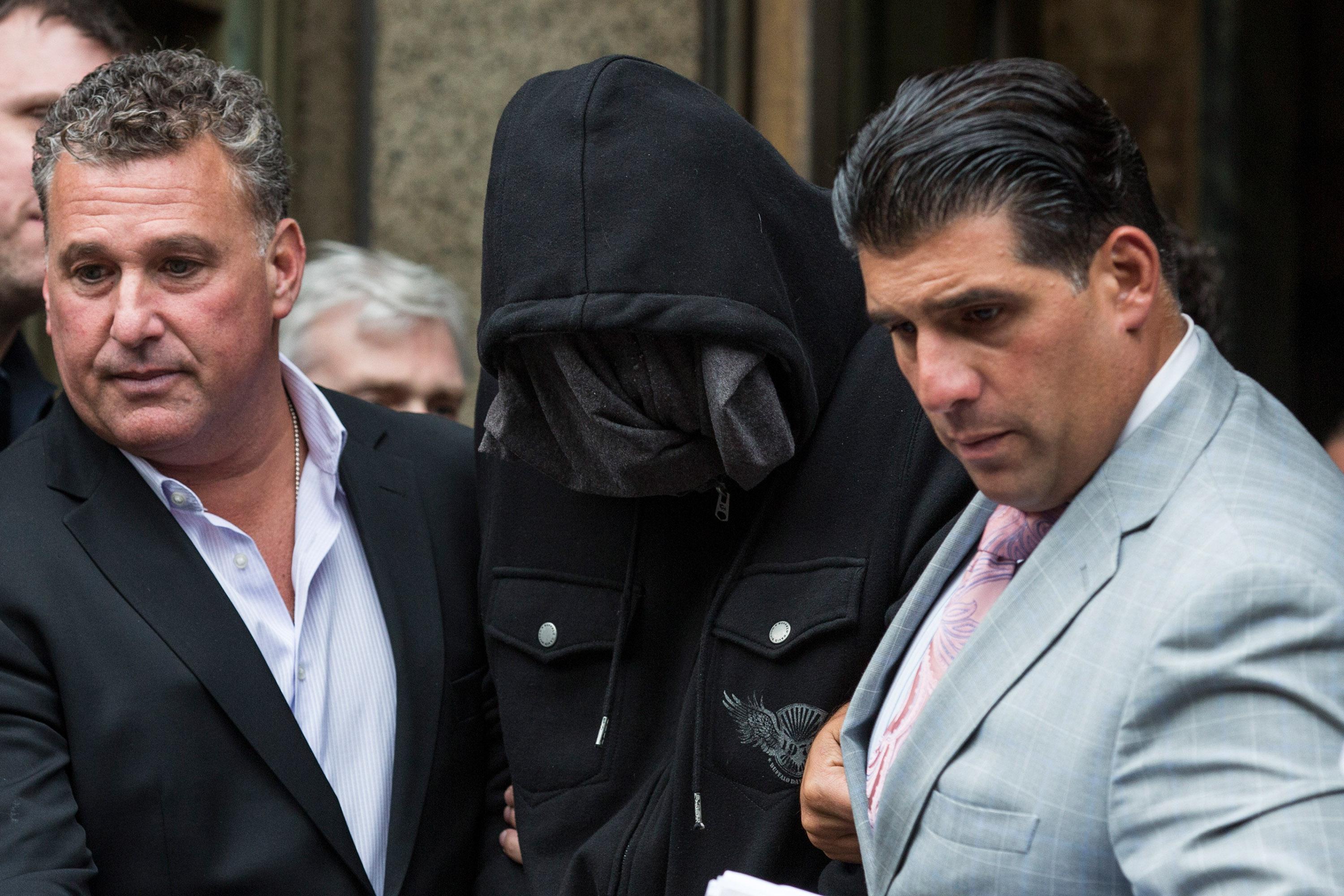Wojciech Braszczok, the NYPD detective arrested Tuesday for allegedly being one of the Hollywood Stuntz bikers who terrorized motorist Alexian Lien and his family, was a longtime undercover cop. As Adrian Chen reported at Gawker, Braszczok has reportedly spent much of the last two years infiltrating the Occupy Wall Street movement. He was known to Occupiers as “Al,” a fixture at Zuccotti Park and subsequent Occupy events. “He was heavily involved and he was at everything,” one Occupier told Chen. “He even came to smaller Occupy parties. He was at everything and anything he could get access to.” In other words, Braszczok was a narc, operating in the long tradition of cops who infiltrate criminal organizations and ostensibly subversive groups to monitor and/or undermine their activities.
I’m not going to defend Braszczok’s alleged actions in the Alexian Lien incident, or debate the morality of pretending to be someone you’re not to gain people’s confidence so you can arrest them. I do think it’s worth pointing out that, as an undercover officer, Braszczok exists in a world that most of us don’t understand. Undercover police work is really, really arduous and isolating, and many cops who accept undercover assignments get caught up in cognitive dissonance, stuck between law and disorder, hating both the job and themselves.
An effective undercover agent must convincingly pass as a member of the group he’s infiltrating. Long-term undercover officers can be isolated from the rest of the department; often, only a couple of people even know that the person is a police officer. (The Departed depicted this pretty well, I thought.) With a limited support network on the police side, operatives can get totally immersed in their worlds. When you’re trying to penetrate a group like Occupy, you’re probably not going to have to do anything too sinister. Going undercover in an actual criminal organization, though, means you have to appear to be fond of criminal activity, and occasionally participate in it. For a cop, this can be very difficult.
A 2012 New York Times story on low morale among undercover NYPD officers articulated the “pressures of undercover work, and the desire to escape it.” The story noted that cops who infiltrate criminal organizations “are constantly at risk of being robbed, and some have been killed by the suspects they hoped to arrest; they even face the risk of being shot by fellow officers who occasionally mistake them for armed criminals.” Many NYPD undercover officers end up depressed and disaffected due to the stresses of their work and the difficulties transitioning back to a normal life once an undercover gig ends. One 10-year veteran of the undercover unit attempted suicide.
Eventually, undercover cops risk losing touch with their real selves and becoming the character they created. In 2010 a Scotland Yard officer who spent four years undercover as a “hardcore Trotskyist agitator with a passion for heavy drinking, a deep-seated hatred of the police and a predilection for extreme violence” told the Guardian about “having trouble leaving the undercover persona behind. One time I was out swimming. Someone said something derogatory and my angry persona took over. It was an immediate reaction. There was blood everywhere.”
